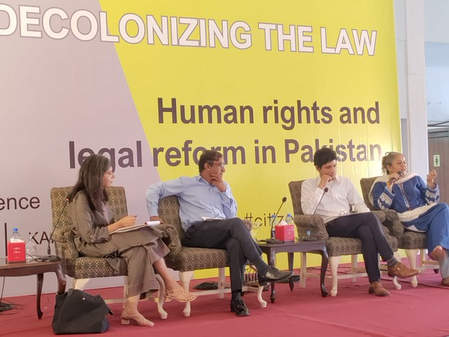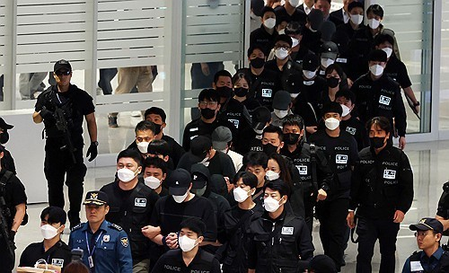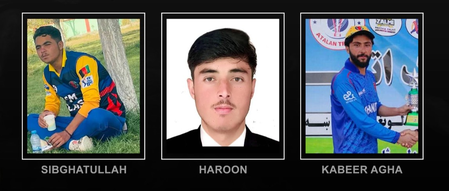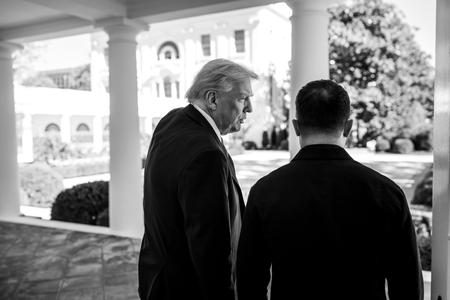
Islamabad, Sep 5 (IANS) The Human Rights Commission of Pakistan (HRCP) highlighted how colonial-era legal frameworks continue to shape the country’s judicial and political systems at a significant cost to vulnerable groups, treating people as “subjects rather than citizens”.
The remarks were made at a conference titled ‘Decolonizing the law: Human rights and legal reform in Pakistan,’ organised by the HRCP in Karachi, which was attended by lawyers, journalists, academics, and human rights defenders.
In his keynote address, former Pakistani Justice Maqbool Baqer stressed that Pakistan’s judicial system remains designed ‘to control people rather than protect their rights.’ He called for repealing laws that criminalise dissent, embedding compassion into legal practice, and safeguarding judicial independence in the country.
“In the opening plenary, lawyer Sara Malkani underscored how sedition and preventive detention laws replicate colonial strategies of control, while researcher Nazish Brohi highlighted the state’s continued ‘civilizing mission’ as a colonial practice,” read a statement issued by the HRCP.
“Journalist Akbar Notezai pointed out that Balochistan was ‘still treated like a colony,’ citing resource extraction and widespread disappearances. Lawyer Asfandyar Warraich emphasized freedom of assembly as ‘the fulcrum of all rights,’ warning against restrictive new laws on peaceful protest,” the statement added.
HRCP chairperson Asad Butt told participants that laws curbing freedoms move swiftly through Pakistan’s legislatures, while those serving the people languish.
Speaking on the right to freedom of expression, Pakistani digital rights activist Farieha Aziz and lawyers Momna Taufeeq, Simra Sohail, Sibghat Sheikh, and Asfand Katchela criticised the Pakistani authorities over the use of the Prevention of Electronic Crimes Act (PECA) and sedition laws as tools of suppression.
HRCP Council member Sohail Sangi also observed that digital repression was “a modern version of colonial controls on the press,” within Pakistan.
Additionally, HRCP staffer Salman Farrukh and lawyer Aliza Masood highlighted how colonial laws had entrenched forced marriage and denial of women’s consent, while Pakistani lawyer Hareem Godil traced blasphemy-related provisions from their colonial origins to the current abuse of such laws in the country.
HRCP Council member Mahnaz Rahman described the struggles of women in Pakistan against patriarchal and colonial frameworks, while another Pakistani lawyer Salahuddin Ahmed called for judicial sensitisation and safeguards to curb the misuse of laws against women and minorities across the country..
Concluding the conference, Sindh Assembly deputy speaker Anthony Naveed said that it was necessary to criticise draft laws governing the rights and freedoms of religious communities in Pakistan in order to ensure that they fulfilled the function of “protecting rather than encumbering vulnerable groups”.
–IANS
int/scor/rs




